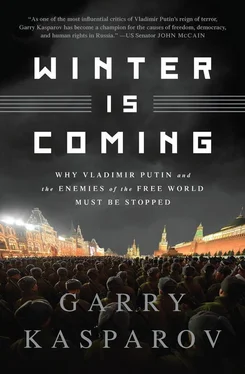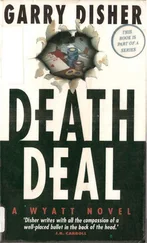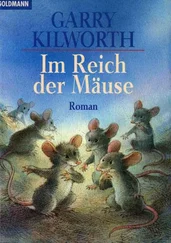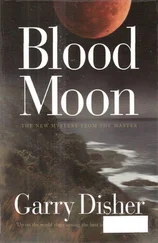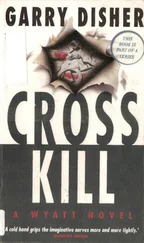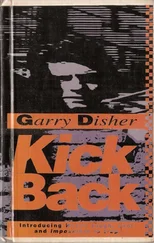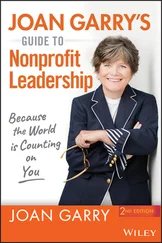Thanks largely to increasing Soviet exposure to news, ideas, and opinions, especially those from the outside world, the Soviet establishment found itself in a dilemma. If the authorities reacted as usual and cracked down over small transgressions, they would lose credibility as reformers and prove the critics’ point that Soviet society was backward and stagnant. But they also knew that if they permitted a small amount of criticism it would encourage others to speak out. The authorities’ responses were increasingly confused and inconsistent. Different manifestations of this catch-22 are what finally brought down the Soviet Union, despite Gorbachev’s best attempts to hold it together.
Well before the Wall came down, it was clear to many of us on the “wrong” side of the Iron Curtain that major changes were inevitable. We had no idea what shape they would take, or where they would begin, but it was quite a novel experience for most Soviets to talk seriously and openly about anything to do with political transformation or a new direction for the country. And we weren’t sure if the democratic reforms were real or simply a “one party democracy” distraction to help Gorbachev shore up power against the Soviet old guard and to buy time for his failing economy. People in the street talked about the ethnic violence that was already accompanying many of the republics’ independence movements. We wondered whether or not millions of people would starve before economic reforms finally took place.
On March 26, 1989, the USSR held its first real election since its formation in 1922. The newly created Congress of People’s Deputies of the Soviet Union was intended to put a democratic face on the Supreme Soviet, the body that still held the real power. But the Communist Party only won 85 percent of the seats (instead of the usual 99.9 percent), and among the independent insurgents was Boris Yeltsin, who won the Moscow district overwhelmingly over Gorbachev’s candidate.
Ironically, the USSR’s limited experiments with democracy had their greatest early impact outside of the Soviet Union, in Poland. The sight of an actual election in the USSR, however sloppy and superficial, provided the Poles with the impetus for their own much more comprehensive experiment. Instead of adopting Gorbachev’s dreamed of socialist reform, Poland overthrew its Communist masters completely and the rest of the Warsaw Pact nations quickly followed Poland’s example.
The current despots of many former Soviet states lived through and understand the dangers of the free speech “cracks in the wall” dilemma and have worked very hard to avoid it in their own nations. Putin and other ex-Soviet autocracies view what happened in Gorbachev’s regime as a negative case study. This is why they react so harshly against political criticism on a tiny blog or a single protester holding a sign.
Modern dictatorships have learned from the mistakes of their predecessors. They know that explosive energy will build unless there is a release valve. So they’ve created space for a strange kind of controlled dissent. The Echo of Moscow radio station and website are permitted to broadcast and publish material critical of Putin while smaller and less compliant outlets for dissent like my Kasparov.ru news service are banished from the Russian Internet. I was the chairman of Echo from 1991 to 1996, when it was independent. Now, while it still maintains an opposition character, it is owned by the media arm of state energy giant Gazprom and operates knowing it can be shuttered at any moment.
Similarly, protest rallies can be registered and may take place, but organizers and participants may still find themselves prosecuted. It’s all part of the elaborate modern ballet of pseudo-democracy and pseudo-choice that also includes elections with predetermined outcomes and every television channel with a slightly different position on how very well Putin is handling everything.
The “color revolutions” associated with the pro-democracy movements in Georgia in 2003 (Rose) and Ukraine in 2004 (Orange) also provoke fear among the autocrats, who take preemptive countermeasures against youth movements, NGOs with foreign connections, and seemingly minor platforms for free speech like indie radio stations. But it is the Soviet experience that truly scarred Putin and the rest and that continues to shape their worldview and their behavior. And it is only my own experience as a Soviet and Russian citizen that allows me to understand Putin’s moves and motivations.
It is very difficult to describe life in a Communist state to those who never lived in one. The human spirit is a resilient creature and tends to adjust to circumstances as best it can so as not to lose all hope. There is also a solidarity in deprivation, which is why stories of the affluent West had such subversive power in the USSR. It is much harder to maintain stoicism in the face of adversity when you find out your neighbors are doing much better than you are. That is human nature, the underpinning of free-market consumer capitalism, and why Communism was, and remains, such a perverse and alien thing.
In the summer of 1989, at the time of the Playboy interview, my own audacity was a product of youth, success, travel, and a life spent a healthy distance from Moscow. I turned twenty-six that year and had been the world chess champion since 1985. I was a national sports hero in the chess-crazed USSR and was still living in my hometown of Baku, Azerbaijan, one of the trans Caucasian republics along with Armenia and Georgia that make up the furthest-flung points of the far-flung Soviet empire. (As I like to joke when speaking in the United States, I was born in the Deep South, right next to Georgia.) Jutting out into the Caspian Sea twelve hundred miles from Moscow, Baku felt like the distant colonial outpost it was.
From there, from my training camp on the sea speaking to the interviewer, I had the confidence to say:
Everyone has the same kind of normal human aspirations. There may be two political spheres in the world today, but normal lifestyle exists in only one of them—and that is not here in the Soviet Union. Life here is what I could call a distortion of normal life. It’s like living in a house of mirrors. Well, the only way out is to smash those mirrors. For years, I had the feeling that something was wrong around us here in the Soviet Union; when I traveled in the West, the feeling only got stronger. I am looking for the same thing that everyone else is: a normal life, where a person can live well and express himself well. It’s very important for me to try to bring the normal life to my people. The daylight.
I am proud of those words today, since they show I have been consistent in my fight. Twenty-six years later I am still devoted to bringing “the normal life” to those living in the house of mirrors of dictatorship. The tragedy is that this fight is still necessary in Russia, decades after the collapse of the Soviet Union.
There were plenty of myths and misunderstandings about the dissolution of the USSR at the time, but this was to be expected. The same Western experts, politicians, and pundits who failed to foresee the fall of the Berlin Wall until Germans were streaming across the border were also blind to how quickly the forces Gorbachev unleashed with his reforms would spin out of his control.
My fame and outspoken nature frequently afforded me the opportunity to discuss politics with people far above my “rating” in the field. I was always surprised by how much they overestimated the stability of Communism in Europe and of the USSR itself. It was as if they had forgotten that a wall built by human hands could be torn down by those same hands.
Читать дальше
